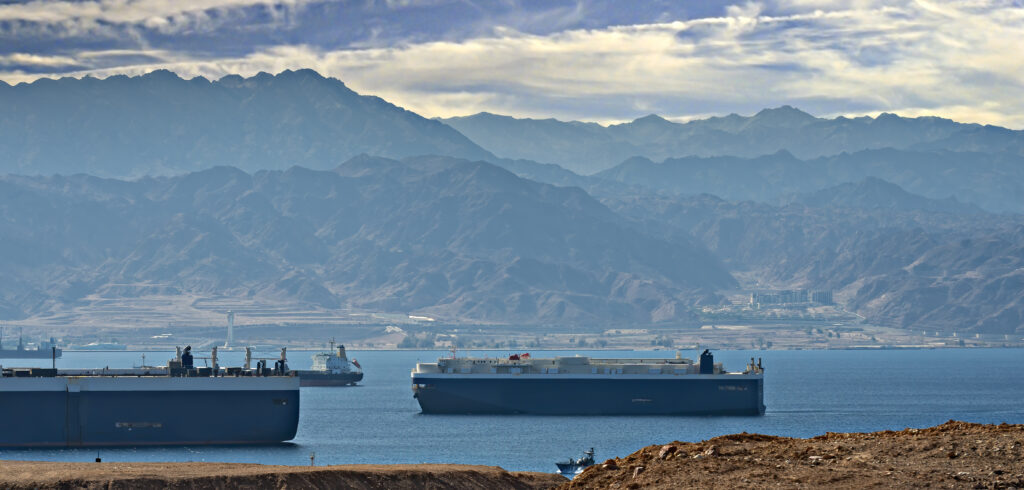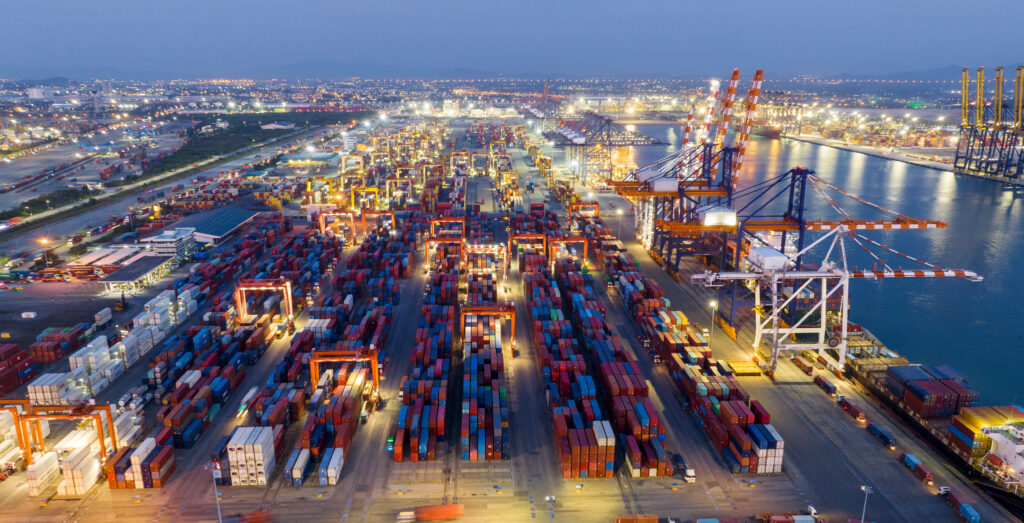The Red Sea, a vital artery for global trade, has become a hotspot for disruptions, sending ripples through international shipping and impacting businesses worldwide. This informative blog dives into the current situation and explores its far-reaching consequences.
What’s Happening in the Red Sea?
Since late 2023, the Red Sea has witnessed a rise in attacks targeting commercial ships. These incidents have created a climate of uncertainty, prompting many shipping companies to reroute vessels.
The Domino Effect on Shipping
The Red Sea is a key passage for roughly 30% of global container traffic. With some routes deemed unsafe, ships are being diverted around Africa’s Cape of Good Hope. This significantly increases travel times, translating to:
- Delayed Deliveries: Businesses are experiencing longer wait times for goods, impacting production schedules and customer fulfillment.
- Soaring Costs: Rerouting ships translates to higher fuel consumption, pushing up freight rates and driving inflation in shipping costs.
Beyond Shipping: A Global Impact
The Red Sea crisis isn’t just a shipping headache; it has broader implications:
- Supply Chain Disruptions: Delays in shipping are causing bottlenecks in global supply chains, leading to shortages and price hikes for consumers.
- Economic Pressures: Rising shipping costs contribute to inflationary pressures, impacting businesses and potentially slowing down economic growth.
- Environmental Concerns: Rerouting ships increases travel distances and fuel consumption, leading to higher CO2 emissions, a setback for sustainability efforts.
Looking Ahead: A Quest for Solutions
International efforts are underway to address the security concerns in the Red Sea and restore stability. Additionally, the shipping industry is exploring alternative routes and collaborating to minimize disruptions.
The Takeaway: Adapting to a Changing Landscape
The Red Sea crisis serves as a stark reminder of the interconnectedness of global trade. Businesses need to be adaptable and explore strategies to mitigate the impact, such as:
- Diversifying Shipping Routes: Spreading shipments across different routes can minimize reliance on the Red Sea.
- Building Strong Supplier Relationships: Transparent communication with suppliers helps manage delays and find alternative solutions.
- Staying Informed: Keeping up-to-date with the evolving situation allows businesses to adjust their strategies as needed.
While the Red Sea crisis presents challenges, it also underscores the importance of resilience and collaboration in navigating a complex globalized world. By staying informed and adapting their approach, businesses can weather the storm and ensure the smooth flow of international trade.




